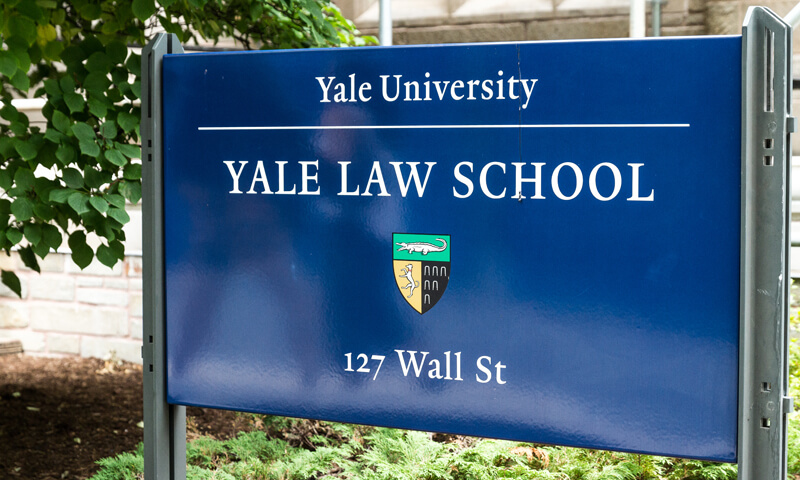The distortion of the music industry which survived the technological wave and which is all that is left of the former analog musical era’s transition, is trying to reserve its digital rights. YouTube is one of the major places that artists will seek to ensure that their music isn’t available easily for downloaders and fans that can record from the site.
YouTube has automation to ensure that copyright laws are not violated, and users who upload songs or videos who infringe on copyright law, are in violation of the terms and service agreements, and are forced to take down the song or video.
The legal doctrine known as “fair use” allows in certain instances, such as teaching, or critiquing, song clips or video clips to be used, according to NPR. Intellectual and digital property rights do not change with regards to the fair use section of the copyright act. This section merely allows teachers, or critics, or the curious and interested to “remix” or recreate, or re-set a work and share something kind of new, but with elements of the old. In this case, Liberations Music of Australia sued a man who had one such hybrid clip on his YouTube page. The clip was a video of the breakfast club actors from the 1980s movie, dancing to the song “Lisztomania” that Liberation Music happens to own. Of course, the record company wanted the video taken down.
The label sent a notice to sue a normal YouTube user unless the video “Lisztomania” was removed. Out of left field, Lawrence Lessig, one of the most famous copyright attorneys on Earth, is suing back. This likely makes history, as big and powerful and rich record companies can scare small YouTube users into backing down and taking down their videos. Lessig is a Professor at Harvard Law School, and he is very knowledgeable about how copyright law works. He comments on how the Internet allows people to “share their culture and remix other people’s creations.”
Lessig noted that initially YouTube removed the video, however the professor knew his rights and understood that he was entitled to use the clips through “fair use.” Lessig comments, “If I’m using it for purposes of critique, then I can use it even if I don’t have permission of the original copyright owner.”
Liberation music didn’t follow through with their threats, but that wasn’t good enough for the professor. He decided to go forward with suing Liberation Music using the section of the copyright law that “polices bad-faith lawsuits,” or threats fraudulently made without the proper basis. Professor Lessig is suing Liberation Music because he says he “wants labels to stop relying on automated systems to send out takedown notices.”
Image Credit: NPR & YouTube













































